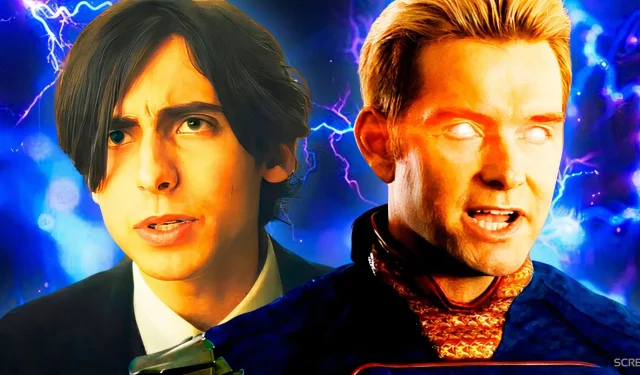
The anticipation for The Boys to deliver a satisfying conclusion in its fifth season is mounting. However, Netflix’s poorly executed finale of its own subversive superhero series, The Umbrella Academy, serves as a valuable lesson on the potential pitfalls of concluding a beloved show. The superhero genre faced a backlash following its saturation in the 2000s and 2010s, paving the way for a counter-narrative showcased by series like The Boys and The Umbrella Academy. Yet, as this rebellious wave begins to recede, there are lessons to be learned from their journeys.
After concluding on a low note in August 2024 with its fourth season, The Umbrella Academy left many fans disillusioned. Conversely, The Boys, which is set to wrap up its storyline in 2026, now faces the challenge of learning from its sibling show’s missteps. While The Umbrella Academy may have exited with a flounder, it provides a clear template of what to avoid as The Boys gears up for its series finale.
Common Origins: The Boys & The Umbrella Academy
Contrasting Responses to MCU Dominance
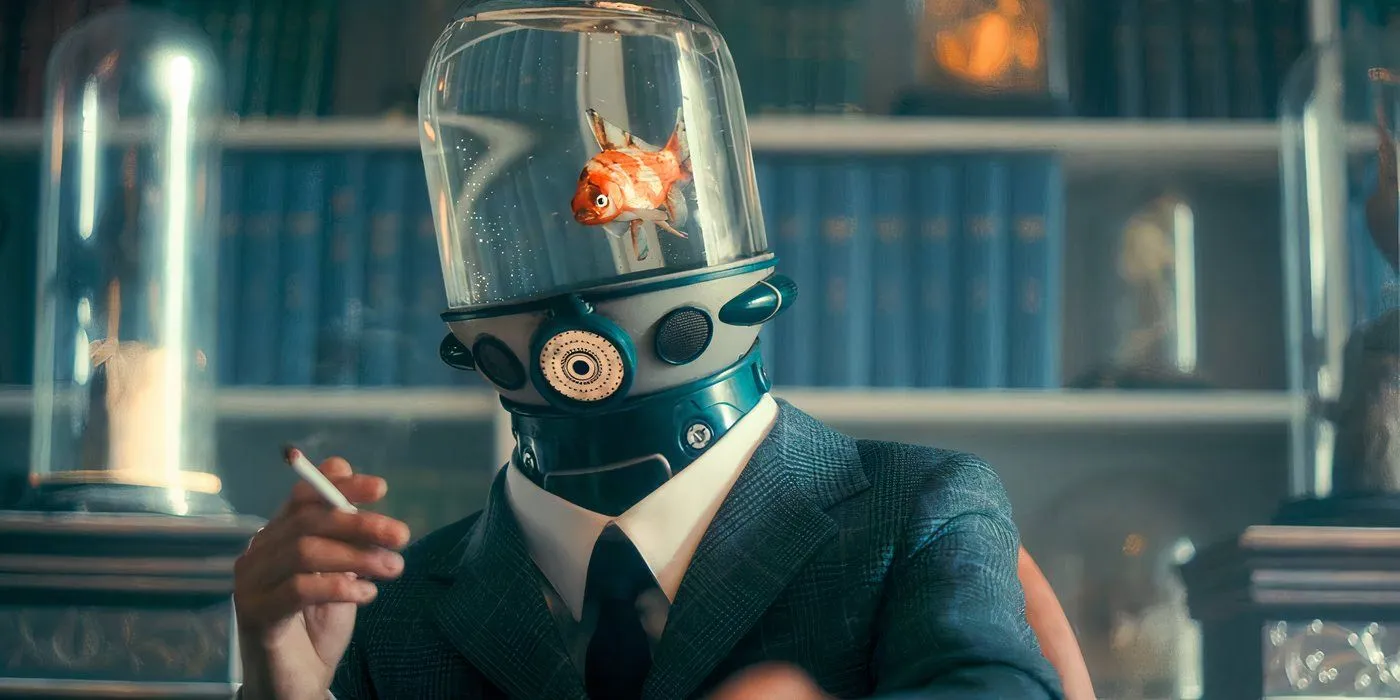
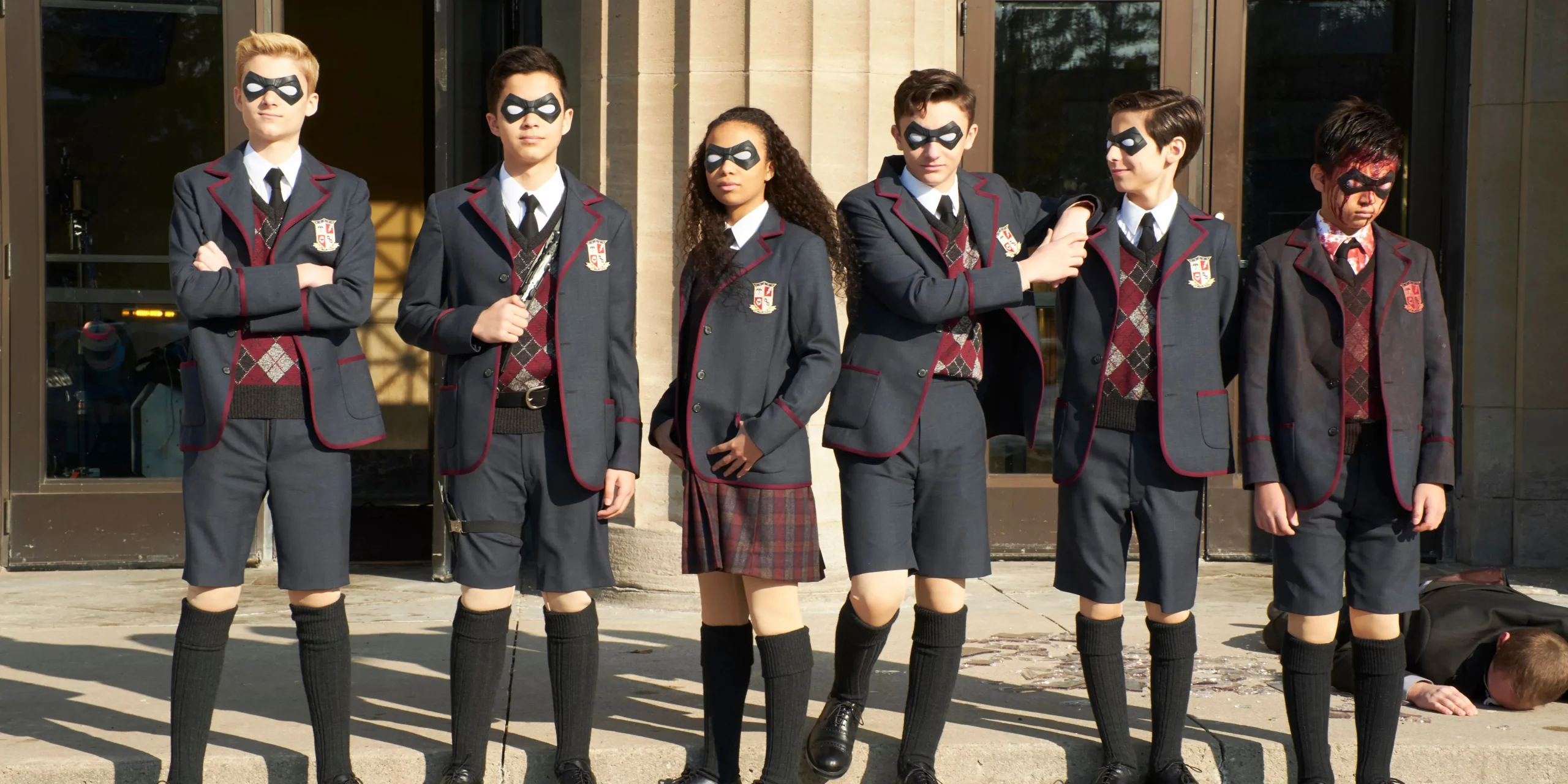
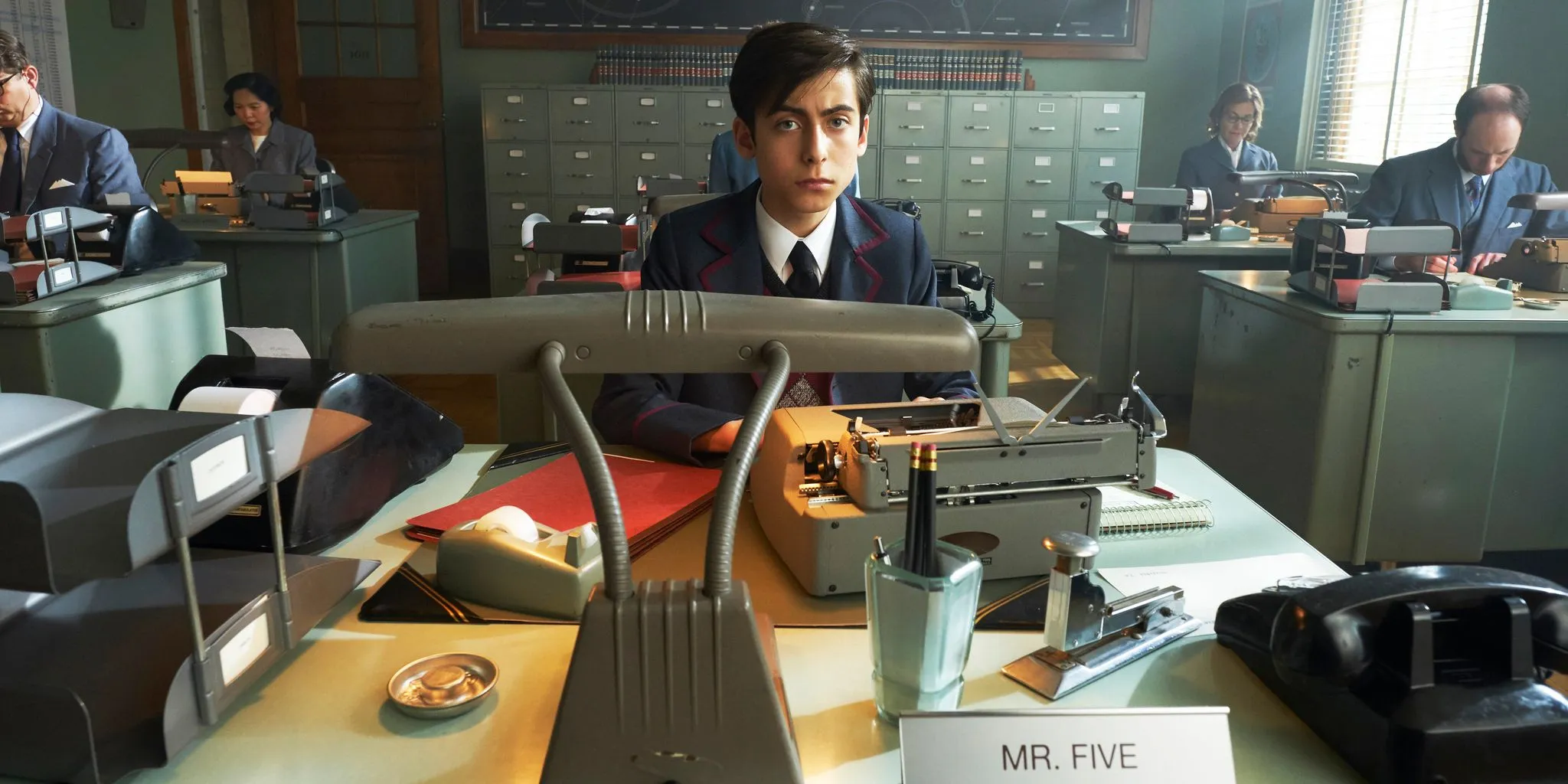
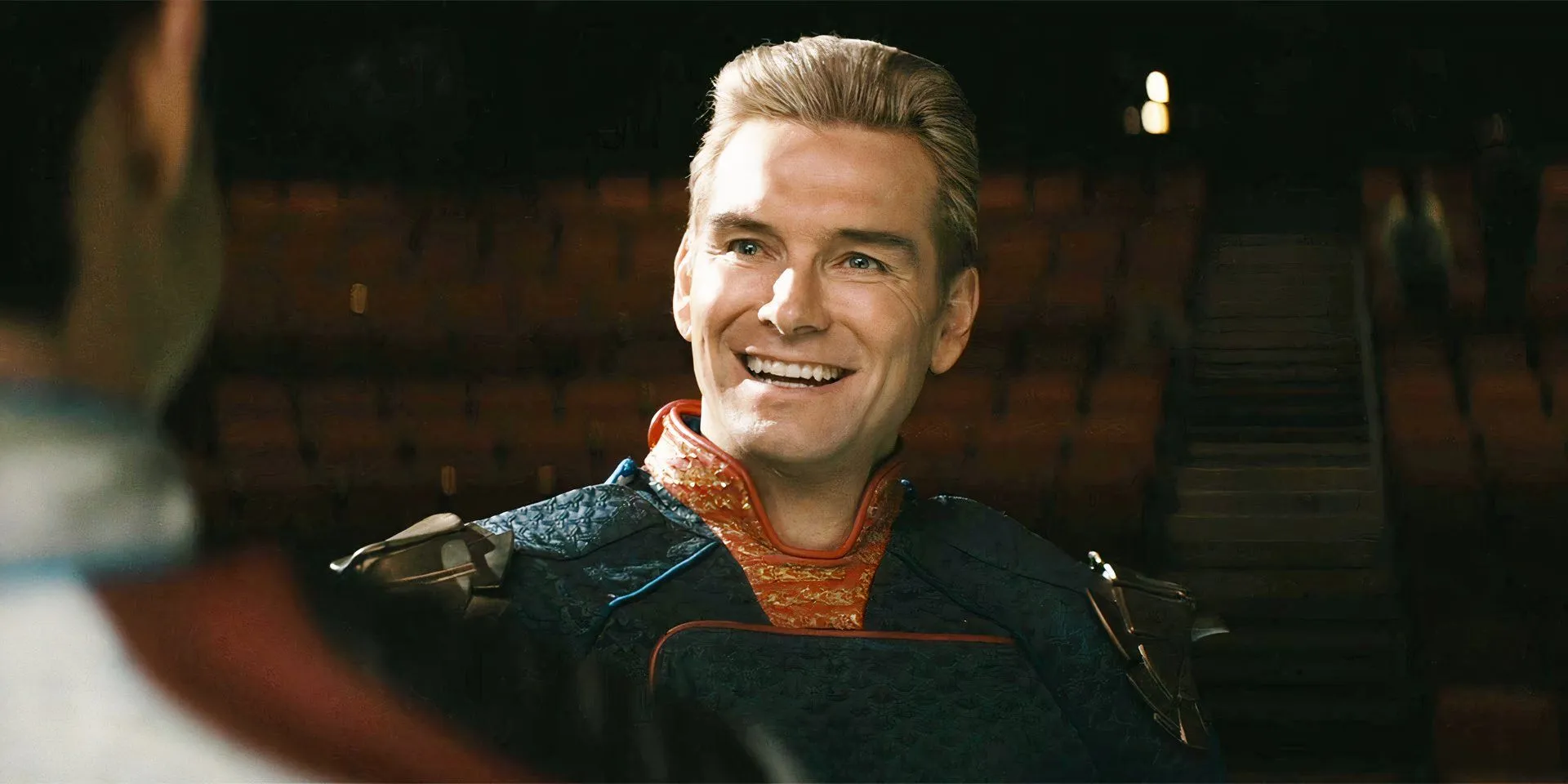
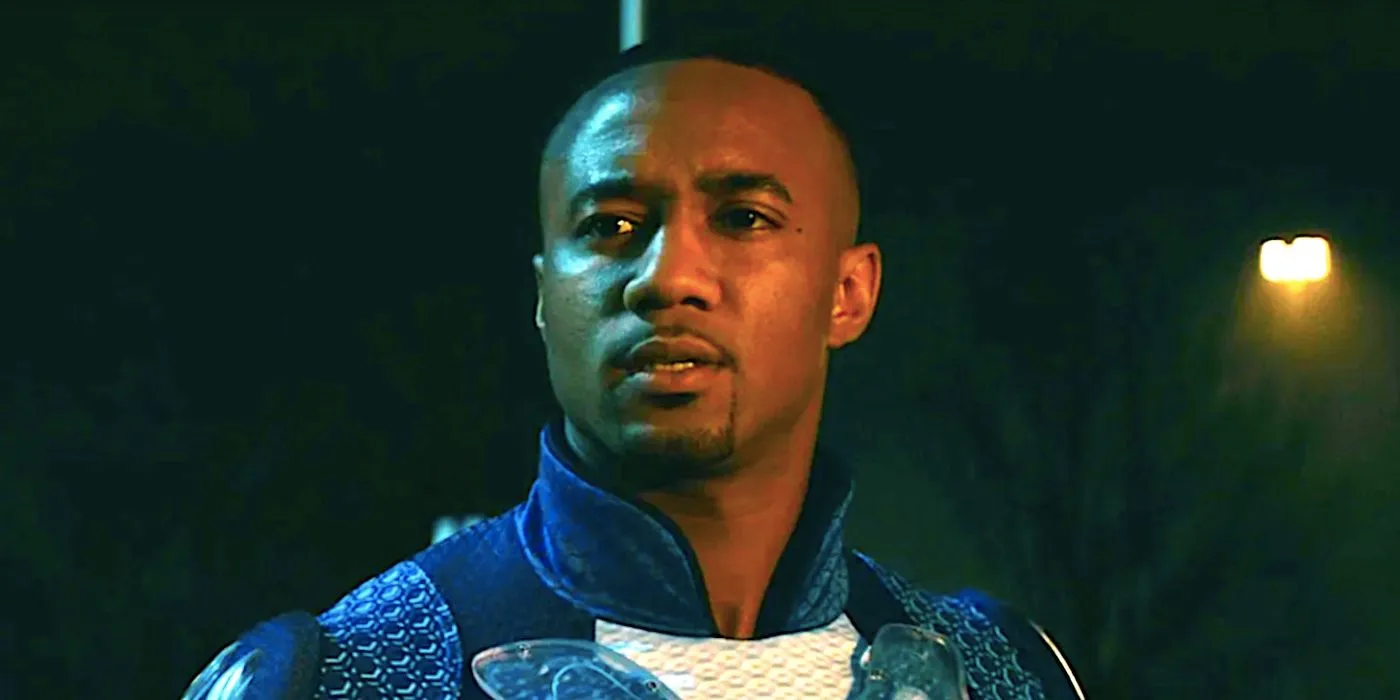
The Boys and The Umbrella Academy share more than just thematic ties as counterpoints to mainstream superhero narratives. Both series premiered in 2019, establishing themselves as key players on their respective platforms, Prime Video and Netflix. Based on non-Marvel/DC comic books, The Boys comes from the collaboration of Garth Ennis and Darick Robertson, while The Umbrella Academy is derived from the limited series by Gerard Way and Gabriel Bá. They each explored the gritty and often disturbing realities behind the mask of superheroism at a time when Marvel’s Cinematic Universe (MCU) dominated popular culture.
While The Boys leans into political commentary, The Umbrella Academy opts for a more fantastical narrative. Nonetheless, both series critique the idealization of superheroes, depicting how the mythology can drive moral decay and personal strife. The Boys scrutinizes the intersection of heroism and corporate greed, creating a narrative rich with social commentary. In contrast, The Umbrella Academy tackles more personal themes, such as familial dynamics and the struggles of enmeshed identities, reflecting on the trials faced by those who navigate the world of superheroes.
Analyzing the Shortcomings of The Umbrella Academy’s Finale
A Finale That Undermined Its Own Narrative
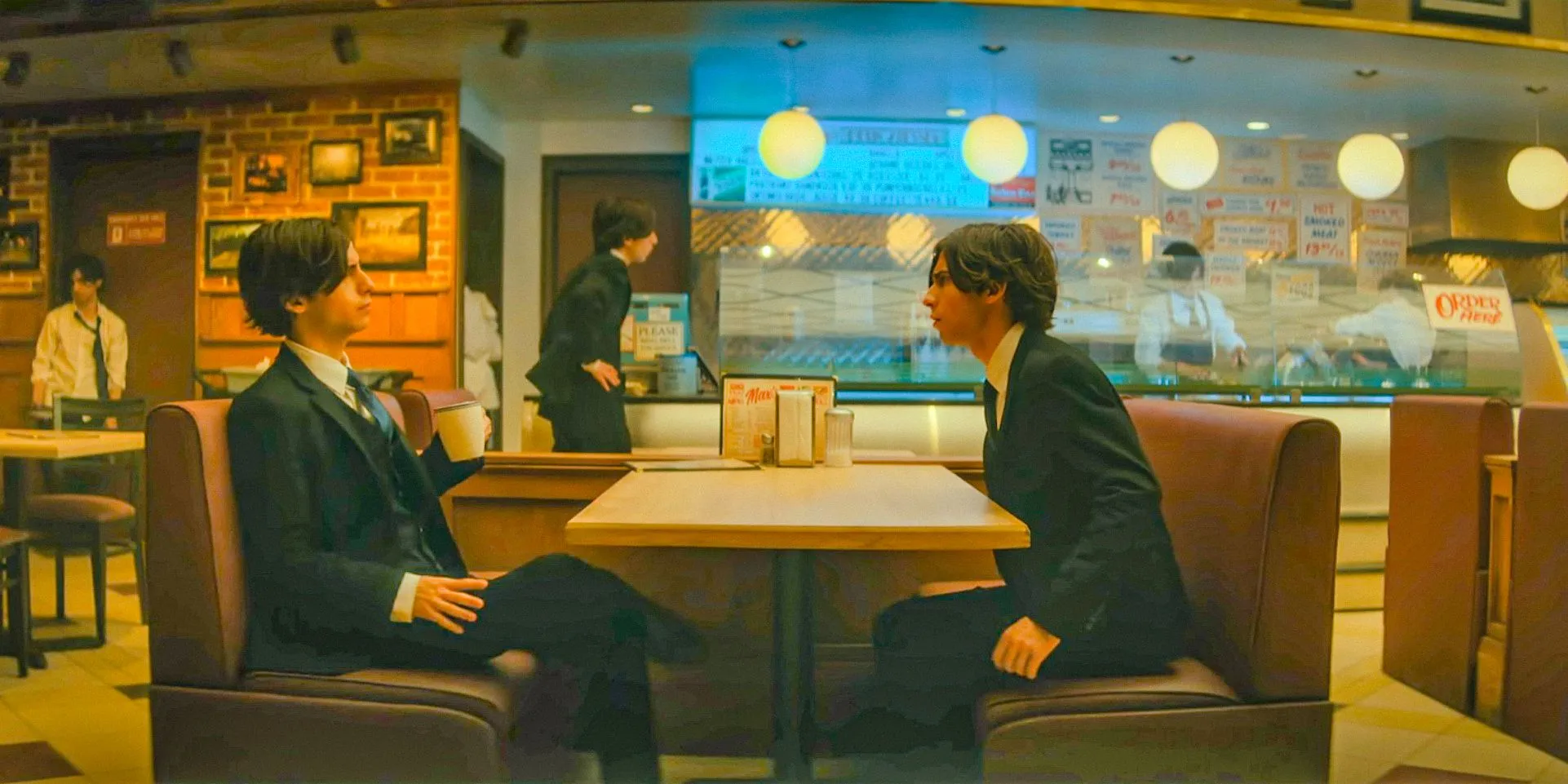
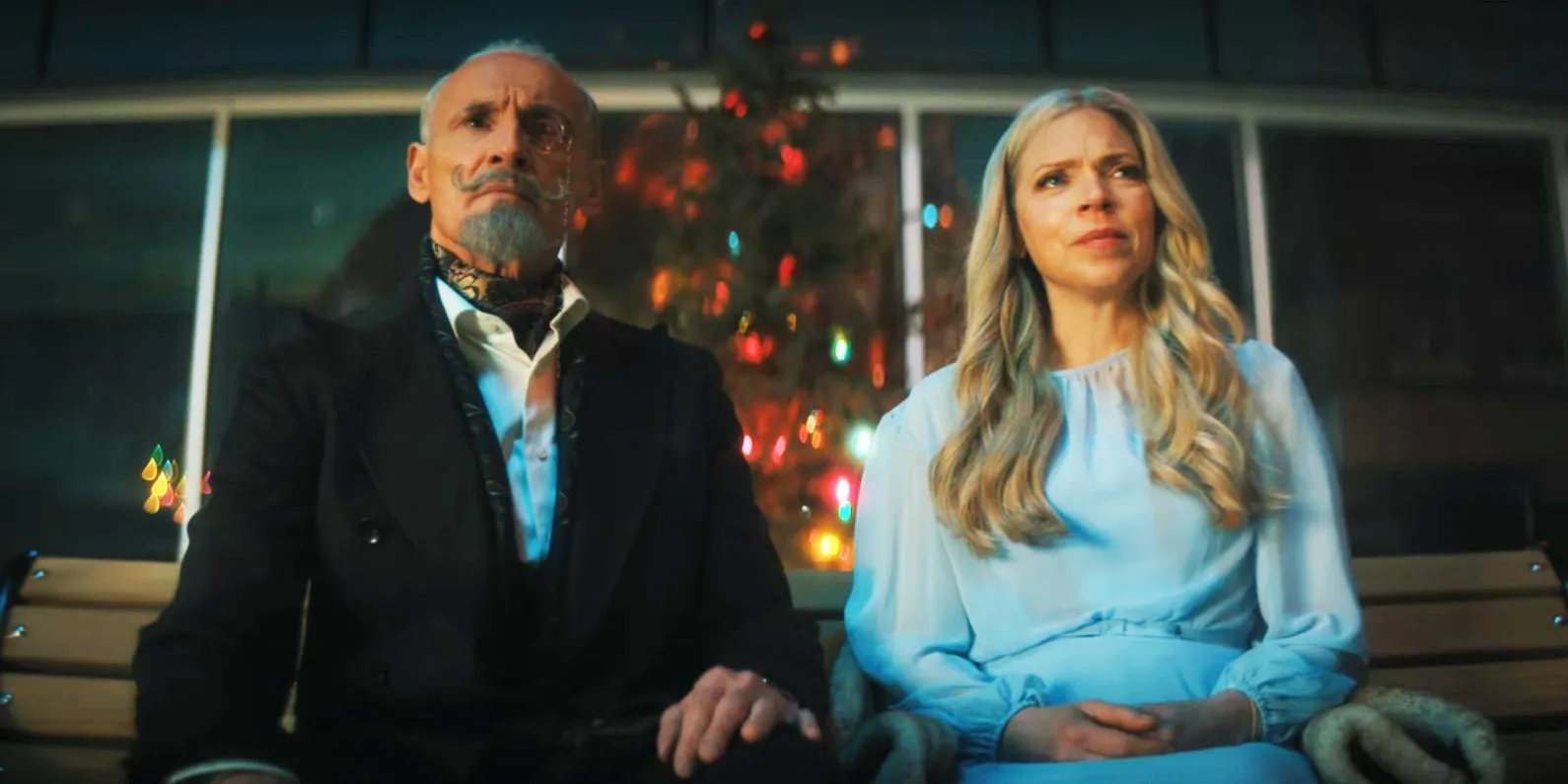
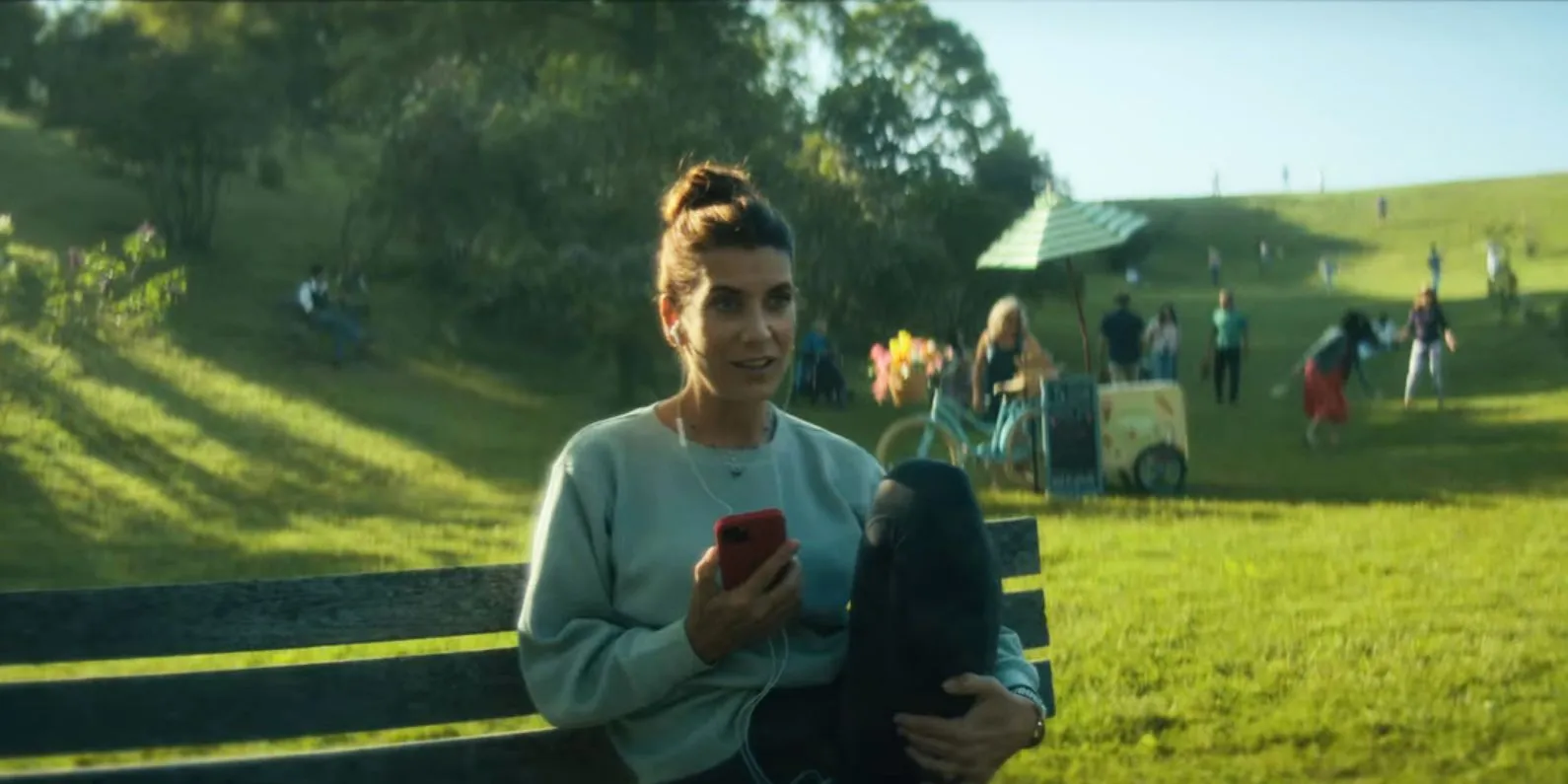
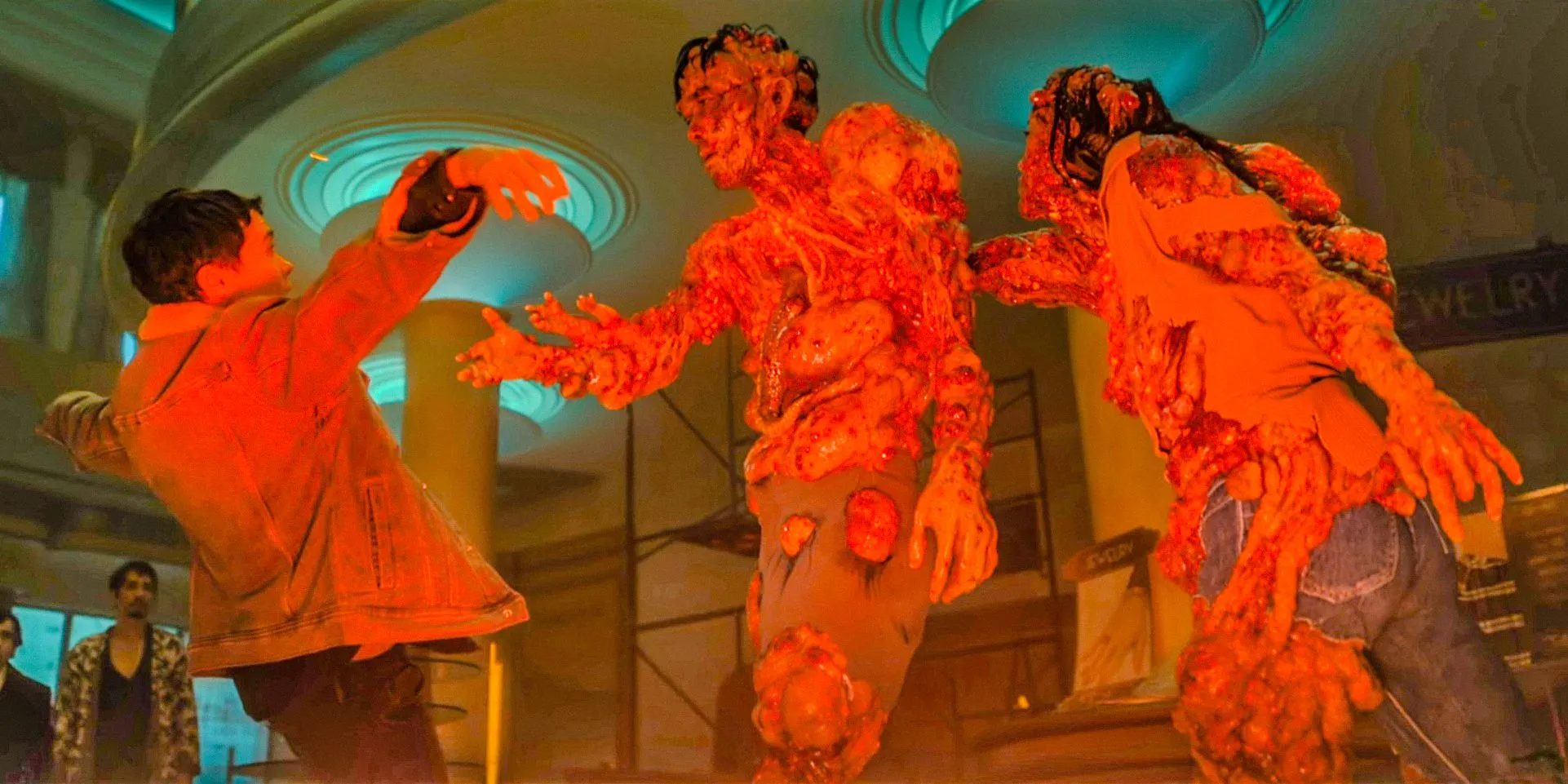
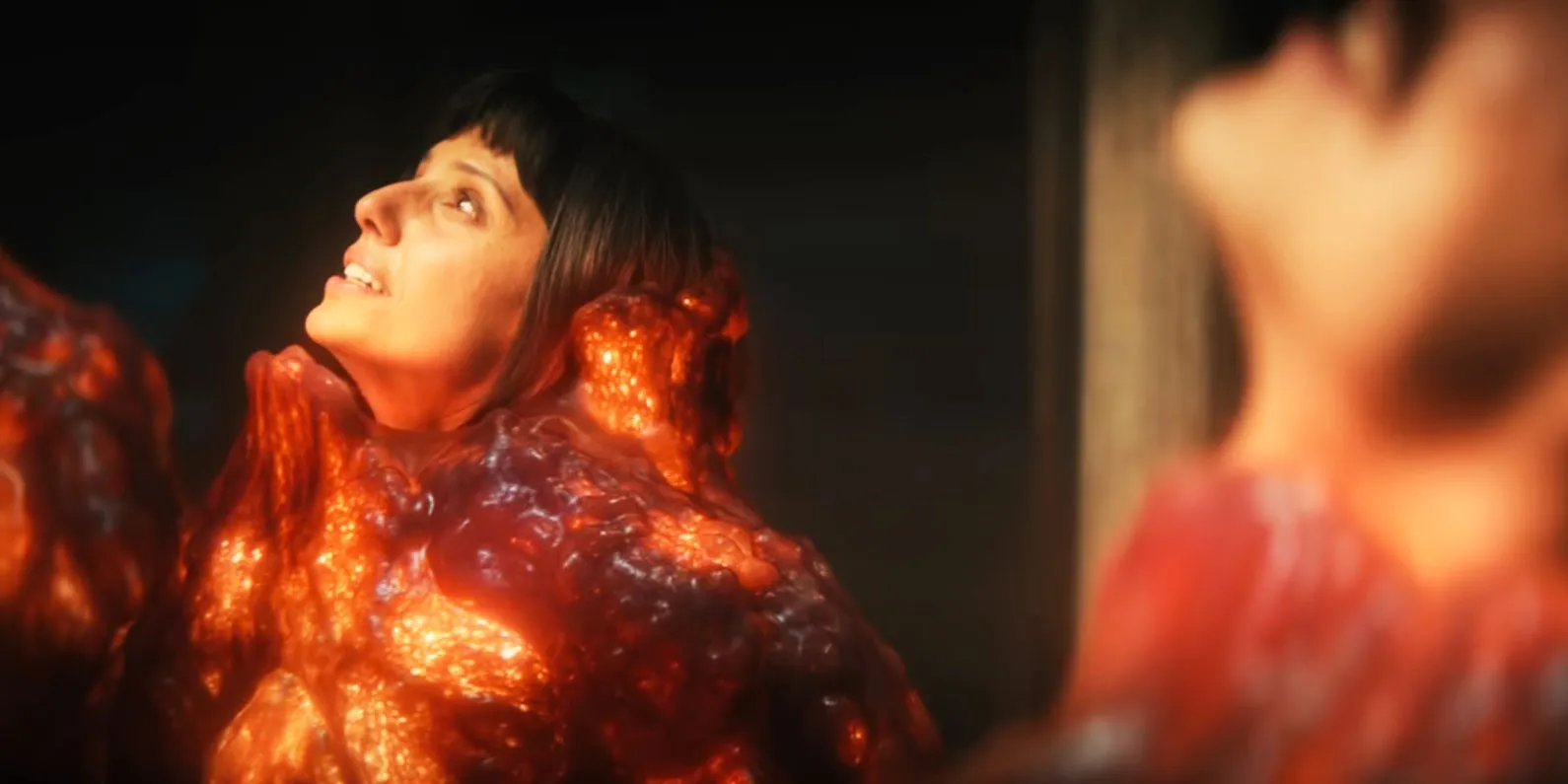
The troubles with season 4 of The Umbrella Academy were evident from the announcement of its compact finale. Despite an array of unresolved storylines and character arcs remaining after the previous season, the drastic reduction in episodes from 10 to merely six stripped the show of the necessary narrative space to deliver a satisfying conclusion. Several significant plotlines were abruptly dismissed, like Sloane’s mysterious fate and Ben’s arc involving his time on the subway train.
As the remaining threads rushed to an end, the audience was left with a bewildering amalgamation of incomplete narratives. Furthermore, The Umbrella Academy season 4 failed to make the most of its reduced episode count. Frustrating subplots, such as the unexpected love triangle involving Five, Lila, and Diego, detracted from the story’s pacing, leading to a conclusion that left a bitter taste for viewers. The series ultimately culminated in the demise of its seven main characters, rendering the entire saga seemingly futile. While the show made commendable attempts to address serious issues, including Klaus’ drug relapse, the lack of time stifled the depth of such themes.
Lessons from The Umbrella Academy’s Finale
The Universality of Finale Pitfalls
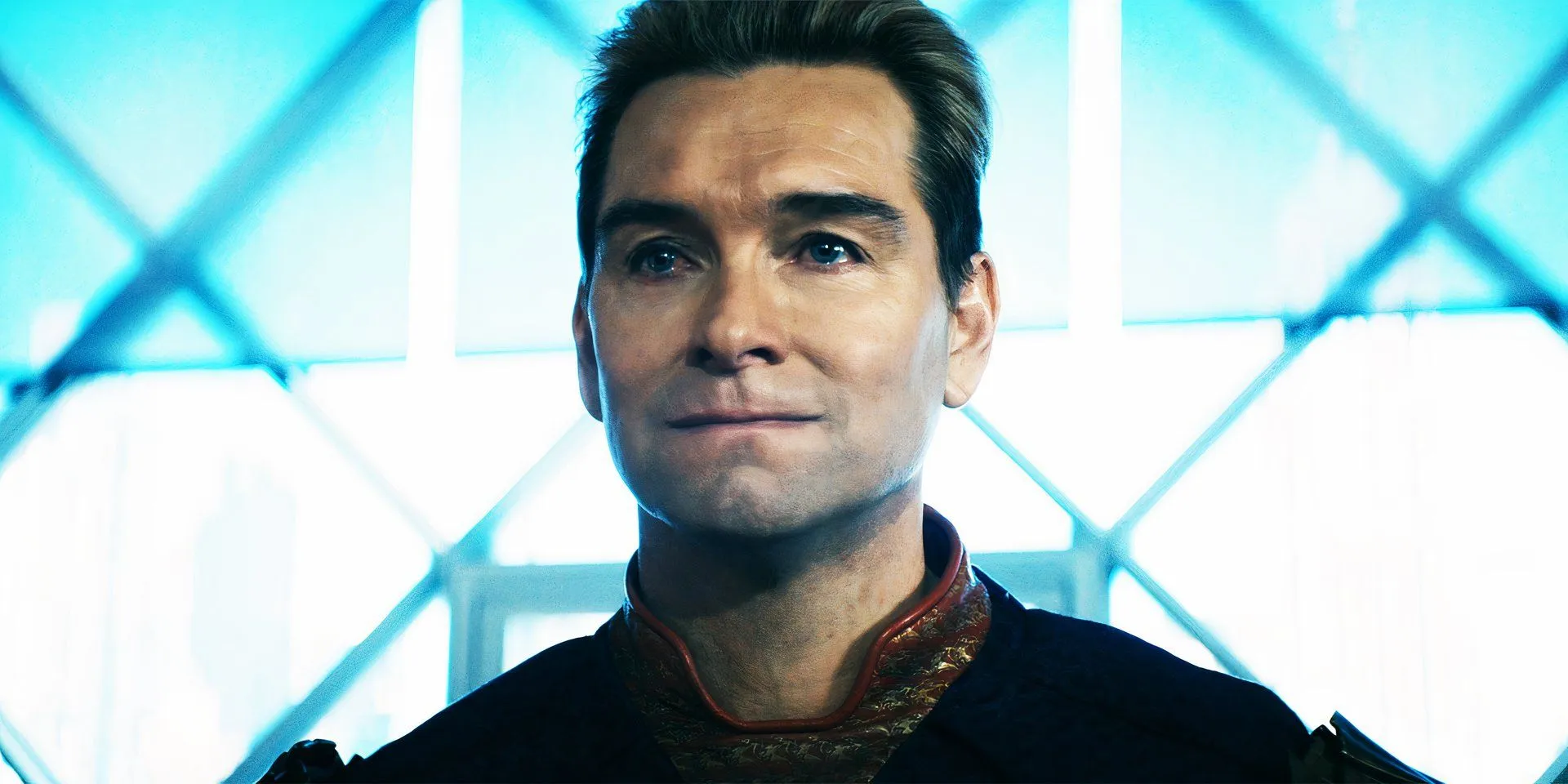
For The Boys, the most alarming takeaway from the misfired ending of The Umbrella Academy is that the latter series did not exhibit a clear decline in quality before its finale. The Umbrella Academy seasons 1 and 2 garnered positive acclaim, and while its third offering was received with mixed reviews—partially attributed to the challenges of filming during the COVID pandemic—there were no signs that suggested season 4 would falter so dramatically.
|
The Umbrella Academy Season |
Tomatometer Score |
Popcornmeter Score |
|---|---|---|
|
Season 1 |
77% |
85% |
|
Season 2 |
91% |
87% |
|
Season 3 |
91% |
54% |
|
Season 4 |
55% |
18% |
In contrast, The Boys has largely upheld a consistent quality throughout its run, with the initial two seasons receiving widespread acclaim. Although season 3 faced critique over portions of its content, particularly the Herogasm episode, it still managed to achieve overall success. The Boys season 4 continued this trend but met its most divisive reactions to date.
A mixture of political responses and pacing issues impacted viewer perception during season 4, which generally felt like a setup phase for the anticipated fifth season yet was burdened by sluggish storytelling. Character arcs appeared stagnant as narratives seemed to prolong resolutions for future installments, which led to underwhelming outcomes in various plot threads, particularly the much-anticipated reveal of Hughie’s mother. Moreover, a tonal misstep arose when a sensitive subplot involving Hughie and Starlight’s doppelganger was turned into comedic fodder.
|
The Boys Season |
Tomatometer Score |
Popcornmeter Score |
|---|---|---|
|
Season 1 |
85% |
91% |
|
Season 2 |
97% |
84% |
|
Season 3 |
98% |
75% |
|
Season 4 |
92% |
54% |
The Boys: Positioned to Learn From Past Mistakes
Advantages that Favor The Boys
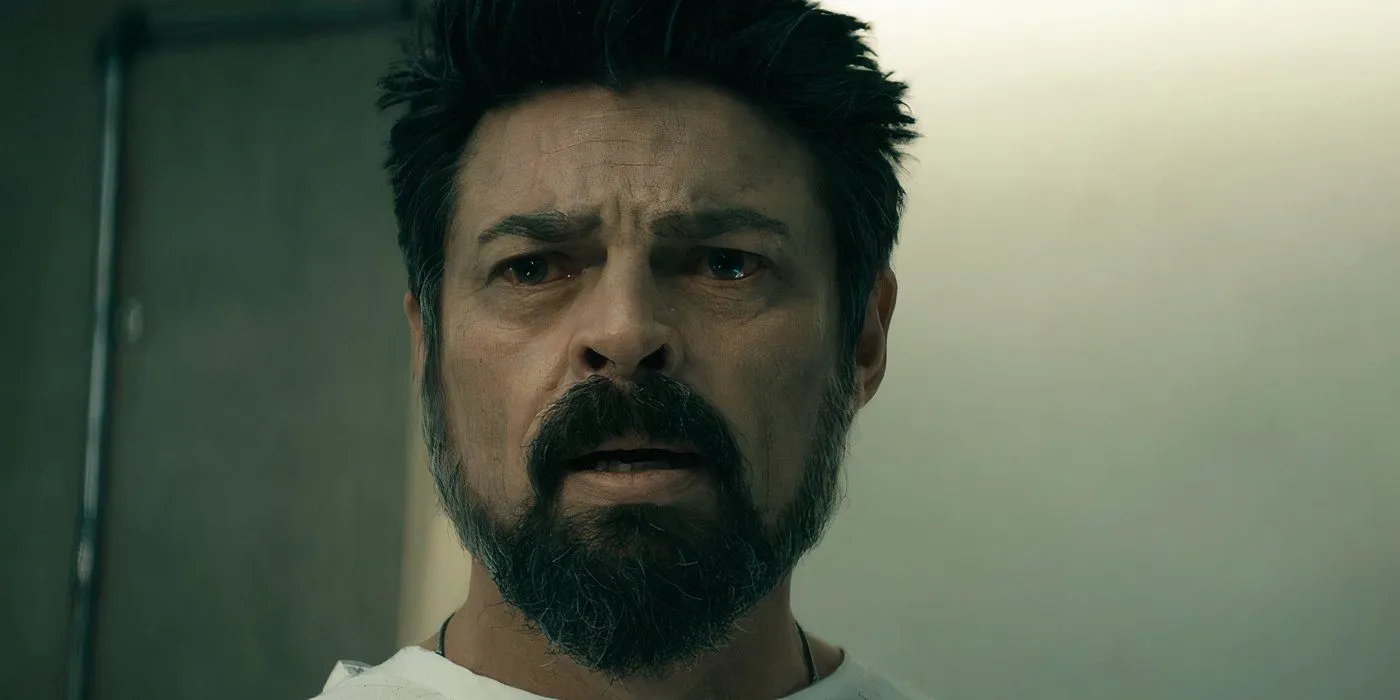
While the parallels between The Boys and The Umbrella Academy are undeniable, it appears that The Boys is better equipped to navigate its conclusion. Prime Video has demonstrated a more robust investment in The Boys as a franchise compared to Netflix’s apparent lack of commitment to The Umbrella Academy in its latter stages. The decision to reduce The Umbrella Academy to six episodes signaled a readiness to terminate the beloved project.
In contrast, The Boys has cultivated an expansive universe, including the recently successful spin-off Gen V and several projects in development, such as a Mexican spin-off and a Vought prequel featuring Jensen Ackles’ Soldier Boy and Aya Cash’s Stormfront. This continued investment indicates a thriving trajectory for the franchise, suggesting a well-rounded conclusion for the main storyline.
Moreover, the timing of The Boys‘ conclusion aligns with its narrative arc. The plot developments thus far have positioned the narrative to reach a natural climax, especially with Homelander’s current status as a pseudo-leader and Billy Butcher’s impending actions threatening an all-out conflict with the superheroes. By contrast, the narrative of The Umbrella Academy felt overwhelmed and rushed, as its last season strove to tie various elements into six episodes, leading to chaotic storytelling.
Overall, The Boys has meticulously allowed for a conducive resolution, balancing its material while avoiding the pitfalls of cramming too much into its concluding chapters. This careful planning is essential when closing the chapter on any long-running series.




Leave a Reply